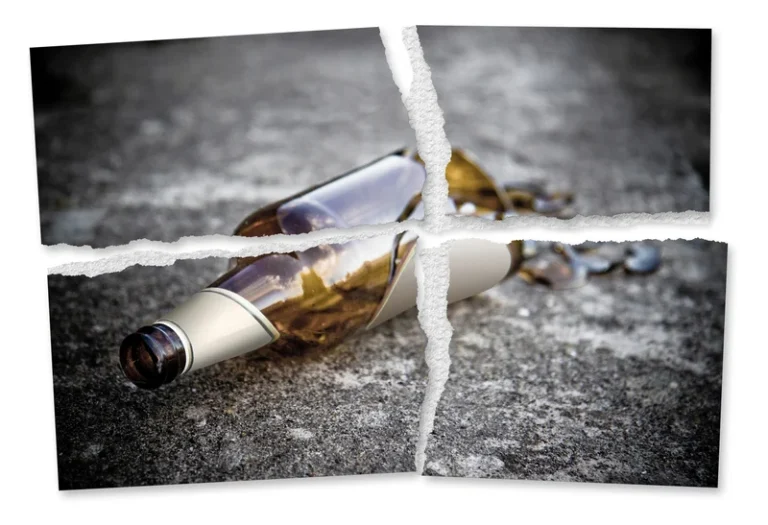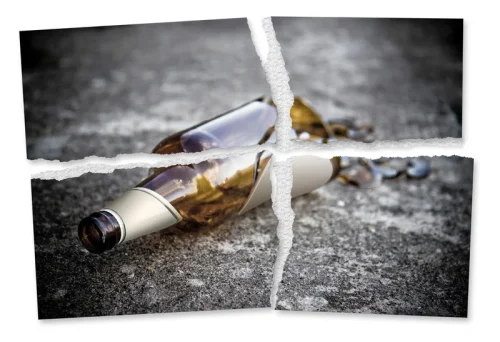What Makes Marijuana So Addictive? 5 Contributing Factors

It’s really important as a result for folks to properly store their cannabis products in safe containers, so that young people aren’t affected. There’s some very disturbing statistics about how many reports there are of cannabis ingestion. For example, in 2017, there were 207 reported cases, but in 2021, there were 3,054 cases.
- While one in 10 marijuana users will become addicted to the drug, that number rises to one in six for those who begin smoking pot before the age of 18.
- Another study found that those who begin using marijuana before the age of 18 are four to seven times more likely to develop a cannabis use disorder later in life.
What is a Cannabis Use Disorder?
The potential benefits of the non-psychoactive compound are why weed’s become more popular among medical cannabis users. The results of preclinical studies using precipitated and spontaneous withdrawal procedures are shown in Table 1. Taken together, the evidence shows that withdrawal from cannabis use produces a distinct syndrome that increases drug craving and use, thus necessitating research into therapeutic treatment. People who have cannabis use disorder may also be at a higher risk of other negative consequences, such as problems with attention, memory, and learning. Fortunately, there are many types of treatment for cannabis use disorder.
- “It has long been acknowledged that cannabis is a mood-altering substance with some potential for risk, including the risk of dependence.
- ” Understanding this topic involves diving deep into the science of addiction, the role of THC (tetrahydrocannabinol), and how these factors interplay with human behavior.
- For some, marijuana use poses a substantial likelihood of developing an addiction.
- Several recognized bodies, including the Dutch Government, believe weed is not as harmful as other narcotics.
- Is their goal to only, say, use on the weekends or use socially instead of using at home, every day, by themselves all day long?
Medical Detox

If your doctor is aware of your use, https://ecosoberhouse.com/ they’ll be able to take the steps to make sure you stay sedated, or “asleep,” for the entire surgery. If you use marijuana at least once a week, you might need more anesthesia. It’s important that your doctor knows about cannabis and any other drug you use. It will become part of your medical record, but that’s private information.
A pathway to abuse
- While there’s been debate over whether the use of marijuana can cause physical addiction or physical dependence, it’s been known to be psychologically addictive.
- Finding a balance between consuming cannabis and living a healthy life is vital.
- Although not nearly as extreme as heroin or alcohol withdrawal, quitting marijuana does appear to cause withdrawal symptoms in heavy, frequent users.
- The preponderance of evidence suggests that cannabis dependence should be considered an important medical condition that requires clinical intervention.
- The patients are then asked to reflect and work with a psychologist to try and change these behavioral patterns slowly.
Other research has also revealed that CBD helps relieve inflammation and pain. If you’re using or intend to consume cannabidiol, it most likely won’t lead to dependence on cannabis. Cannabis is popular now, but it’s been around for thousands of years, with our ancestors using it for medical or religious purposes. Many anecdotal reports claim relief for numerous conditions—although scientific data is lacking to back it up. is weed addictive Almost half a century has passed since the structure of the primary psychoactive constituent of Cannabis sativa, Δ9-tetrahydrocannabinol (THC1), was first elucidated (Gaoni and Mechoulam 1964). Since then, more than 70 other phytocannabinoids have been discovered (Elsohly and Slade 2005) and hundreds, if not thousands, of cannabinoids have been synthesized.
Can anyone get addicted to weed?

And that’s a really sufficient screener and something that I’ll have to note in my documentation anyway. But also includes other things that I really like to check in with the patient about. What this does is it helps a patient who’s using cannabis and may not even have come in to see me for cannabis use disorder, but it helps them to start thinking about how cannabis is affecting their lives. If you’re pregnant, you shouldn’t use medical marijuana unless your doctor says it’s OK. It’s used to treat pain that doesn’t go away and may help with symptoms of Parkinson’s disease, multiple sclerosis, or glaucoma. (For example, is it an edible, a joint, or an oil?) Keep track of how it makes you feel.

More frequent marijuana use may damage an important memory skill
You might have this condition if smoking marijuana causes physical, emotional, or social problems. Instead of marijuana’s sedating effects, a person might get insomnia. And instead of marijuana’s characteristic dream suppression, someone in marijuana withdrawal might have intense, vivid dreams when asleep. When given a chemical, methylphenidate, that caused dopamine levels to rise in the brain, the marijuana users didn’t respond as strongly or feel as high as nonusers. The brain may become resistant to the effects of the drug in an effort to protect itself, so that next time the person uses the drug, it doesn’t have as strong an effect.
- Regular use alters the way THC is absorbed and metabolized, leading to increased tolerance, where users require larger doses to achieve the same effects.
- If you’re using or intend to consume cannabidiol, it most likely won’t lead to dependence on cannabis.
- According to a research by the National Institute on Drug Abuse, the average THC content in confiscated marijuana samples in 1990 was just under 4 percent.
- Cannabis use disorder, or marijuana use disorder, results from chronic cannabis use.
- Some studies have found that people often engage in cannabis use to lessen their feelings of anxiety or depression, and that self-medicating in this way can often lead to drug dependence.
- About 90 percent of the people who used drugs and their primary drug of choice wasn’t marijuana met the criteria for abuse, compared to 47 percent of primary marijuana users.

Treatments are available that can help people overcome marijuana addiction. Such treatments primarily focus on psychotherapy, but researchers are also exploring medications that might someday be helpful. A 2020 study found that people have “genetic liability” with cannabis use disorder, meaning they are born with specific genes that increase their risk. However, experts agree there are Halfway house usually more contributing factors, such as environment, access to marijuana, socioeconomic status, and more. Daily or weekly marijuana use has been found to increase the chances that a person becomes dependent on the drug in the future.


Leave a Reply